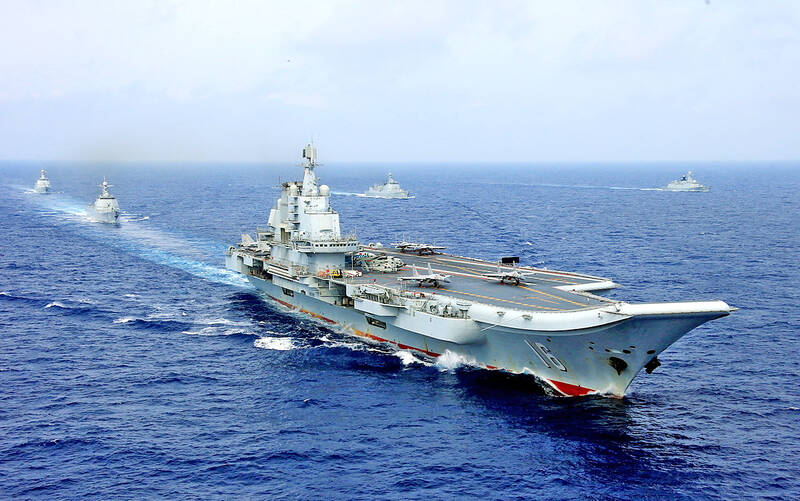Read HR McMaster’s Battlegrounds. He puts in simple terms the economic, demographic, and political challenges China faces, and starts to unpack the complicated question of how that will play into what they do in the neighborhood/global order.I very well may be wrong, as you're right that I don't fully understand all the challenges China is facing.
That doesn’t make them better equipped to handle their debt burden, it means they will have less overt resistance to the course chosen by whoever is leading the one party. Very big difference.One advantage to their 1 party system is that they are much better equipped to handle their debt burden
Those first two are thoughtfulish responses to a few things you wrote many pages ago. Since then you’ve made a ton of random ass assertions, asked Griz to explain macro to you like four different ways (which, to my unending shock, he actually did- nicely done there on both the college level theory and the five year old versions, btw), and then mocked him periodically for somehow not properly engaging in the conversation?Every time I try to debate with someone on here, I stick to the subject, and I'll attack their argument while making mine. Then, without fail, Griz, you, and/or Hotdog will resort to ad hominem attacks to make up for your lack of substance, and the shit show begins.
I genuinely grappled with who looks more foolish, you or the several members who time and again engage with you thinking it’s worth their time. I still landed on you, but each one of these gets a little closer. Not much closer though. And for the record, this isn’t an ad hominem attack or anything, I’m not saying you’re a bad person, just an observation that the way you’re going about this - making an argument, expecting people to agree with yoy, and then telling them they’re not doing it the way you want them to do it - is not super productive for anyone.
PS having actually done a thesis on the underpinnings of the rise of totalitarianism in Germany, it’s pretty clear that @Griz882 actually knows what the hell it is he’s talking about (and can and has articulated it in any form you request), and you keep telling him he’s not answering the question. Wild stuff. Hope you’re serious about that ‘I’m done’ thing, though I doubt it.
Last edited:



